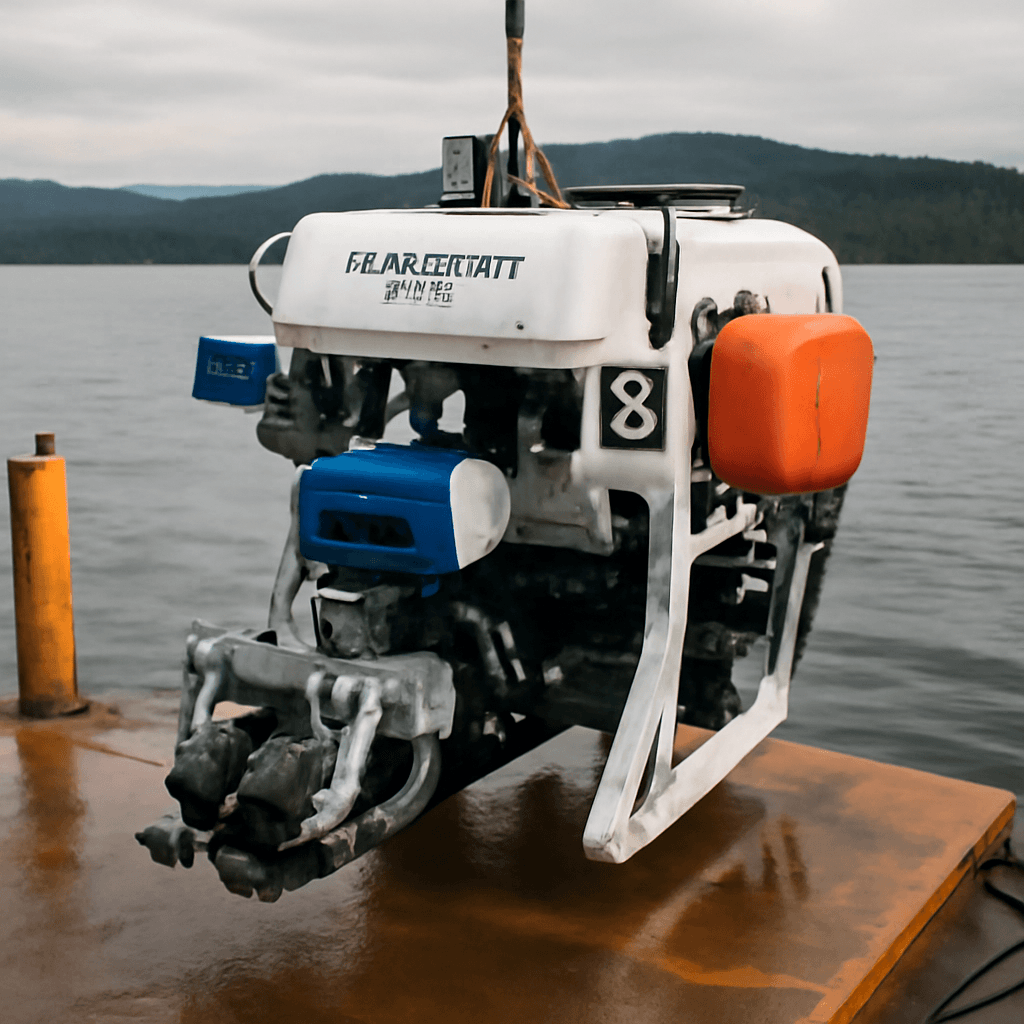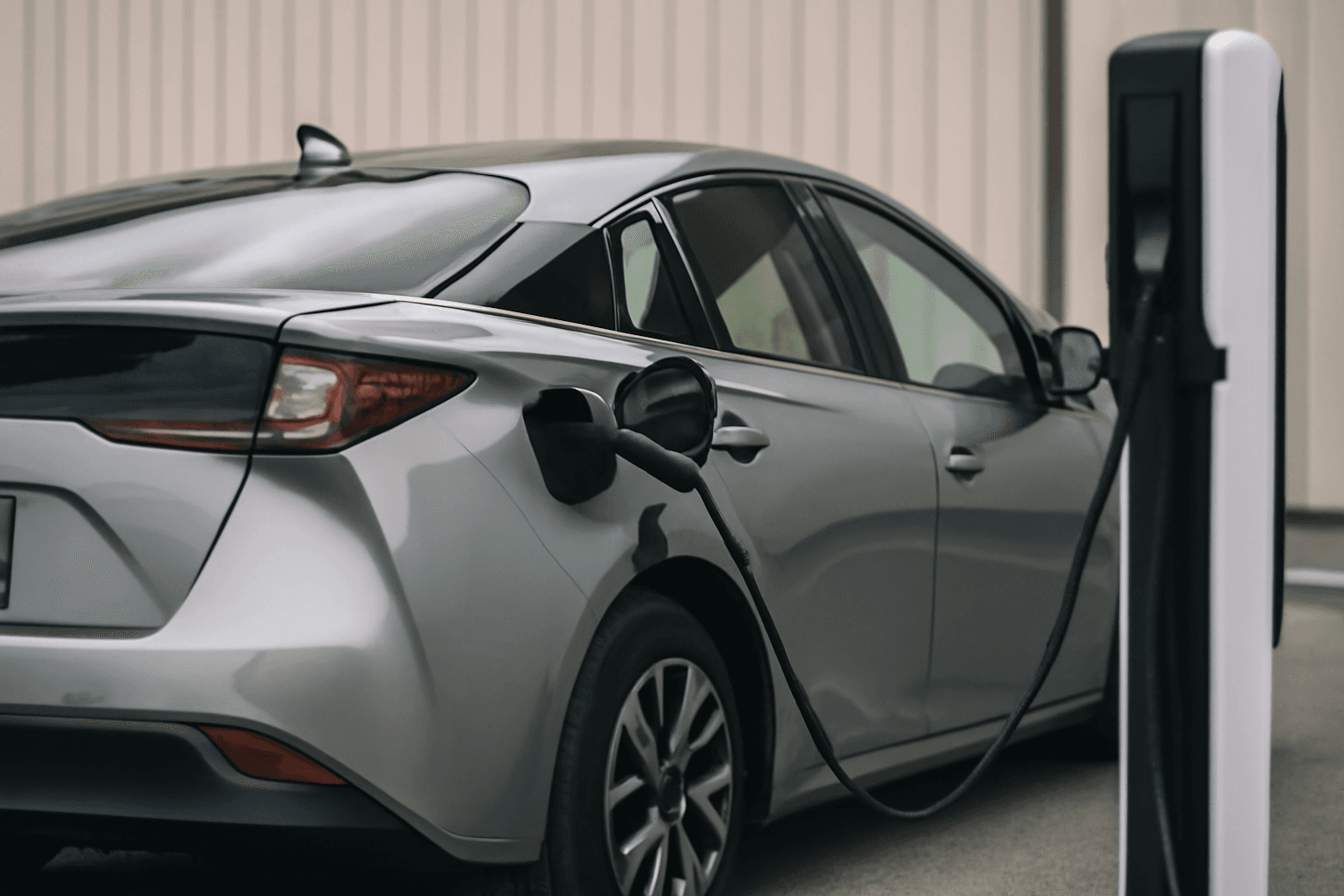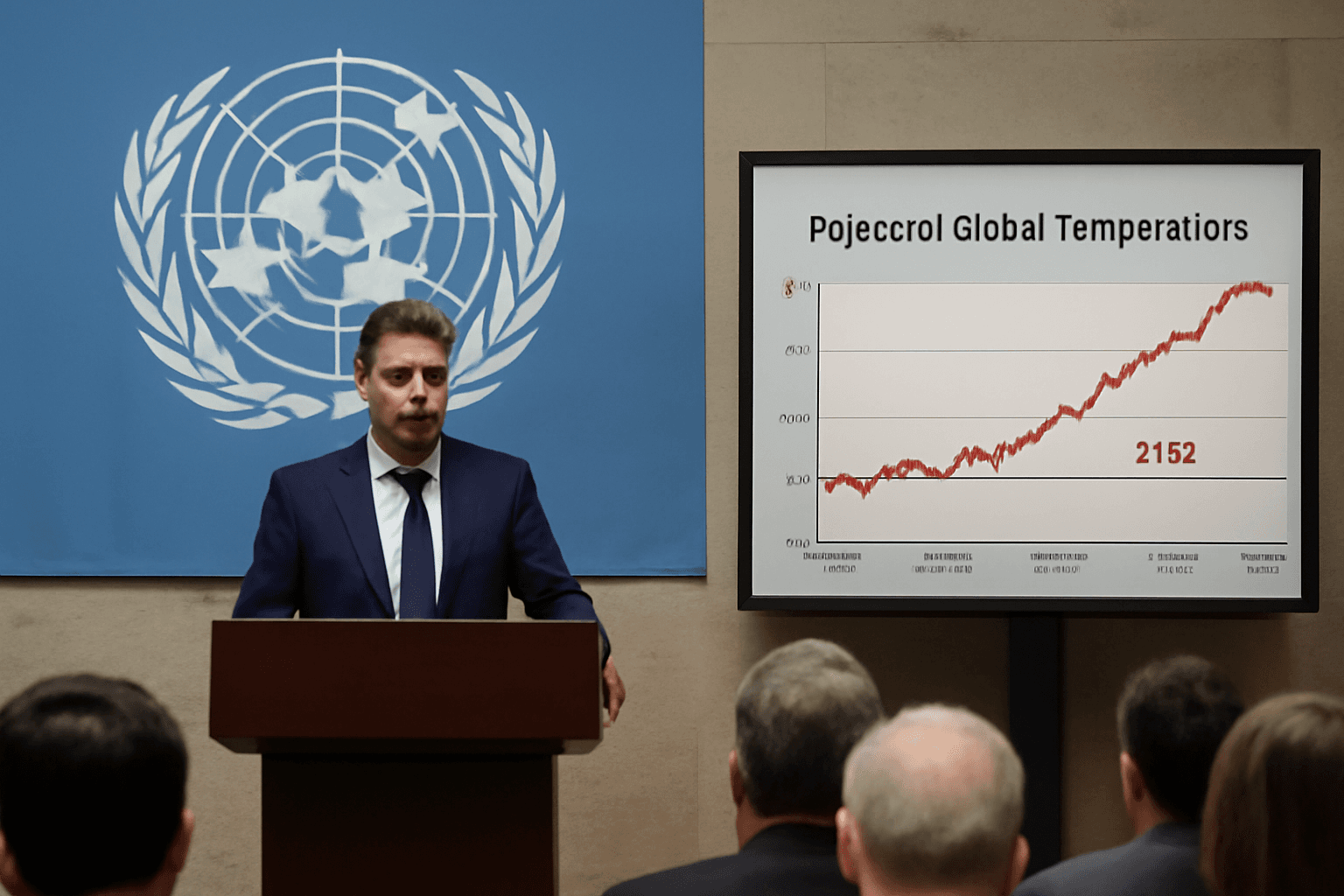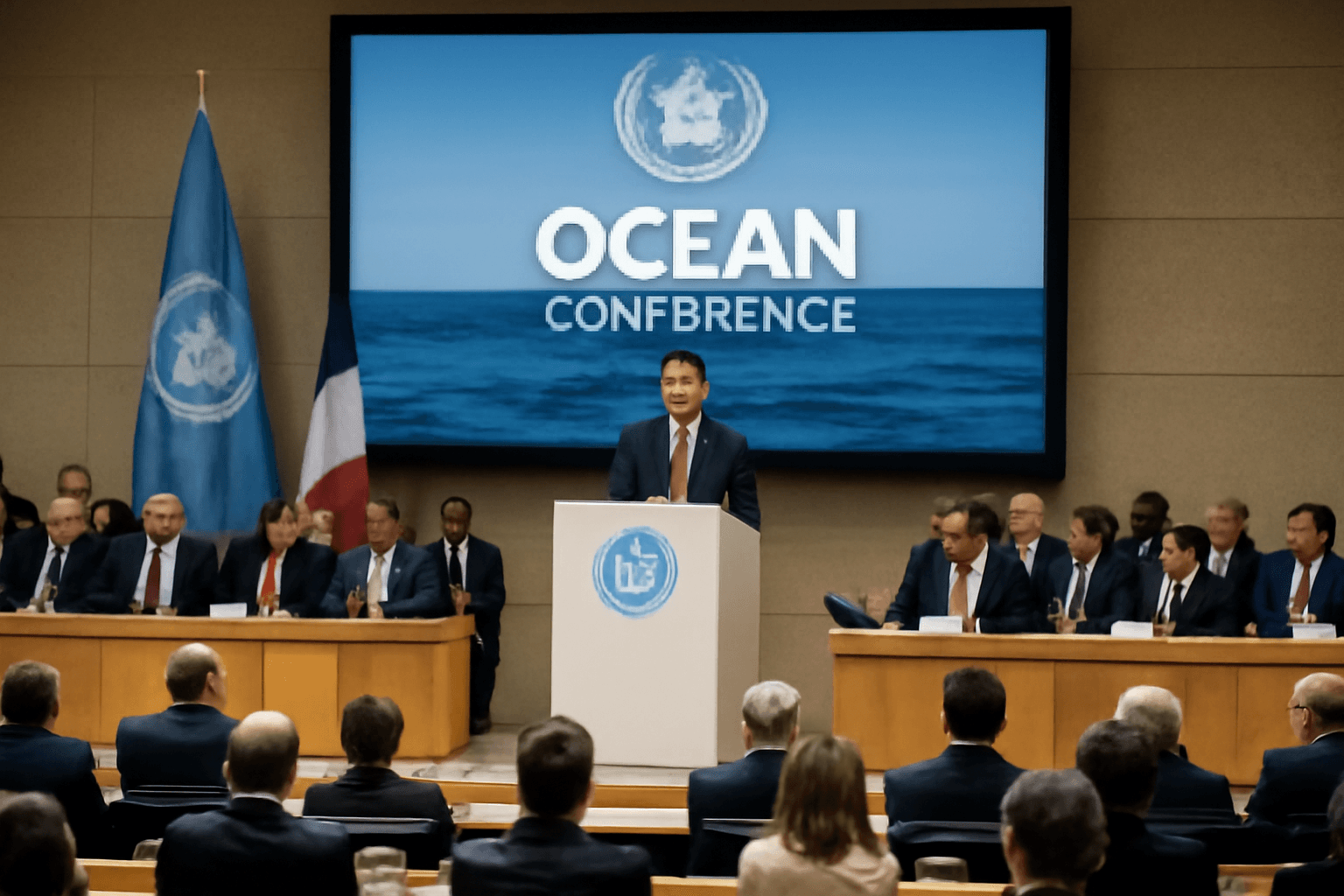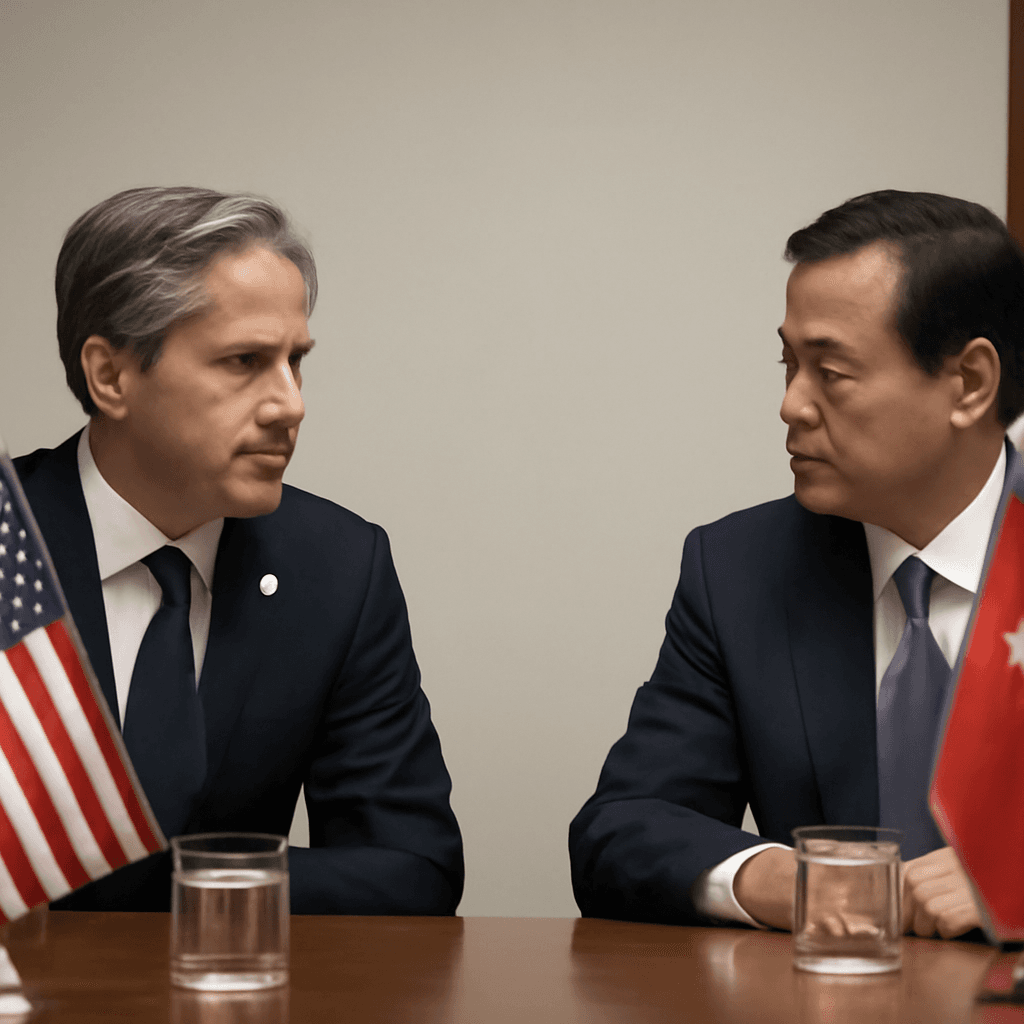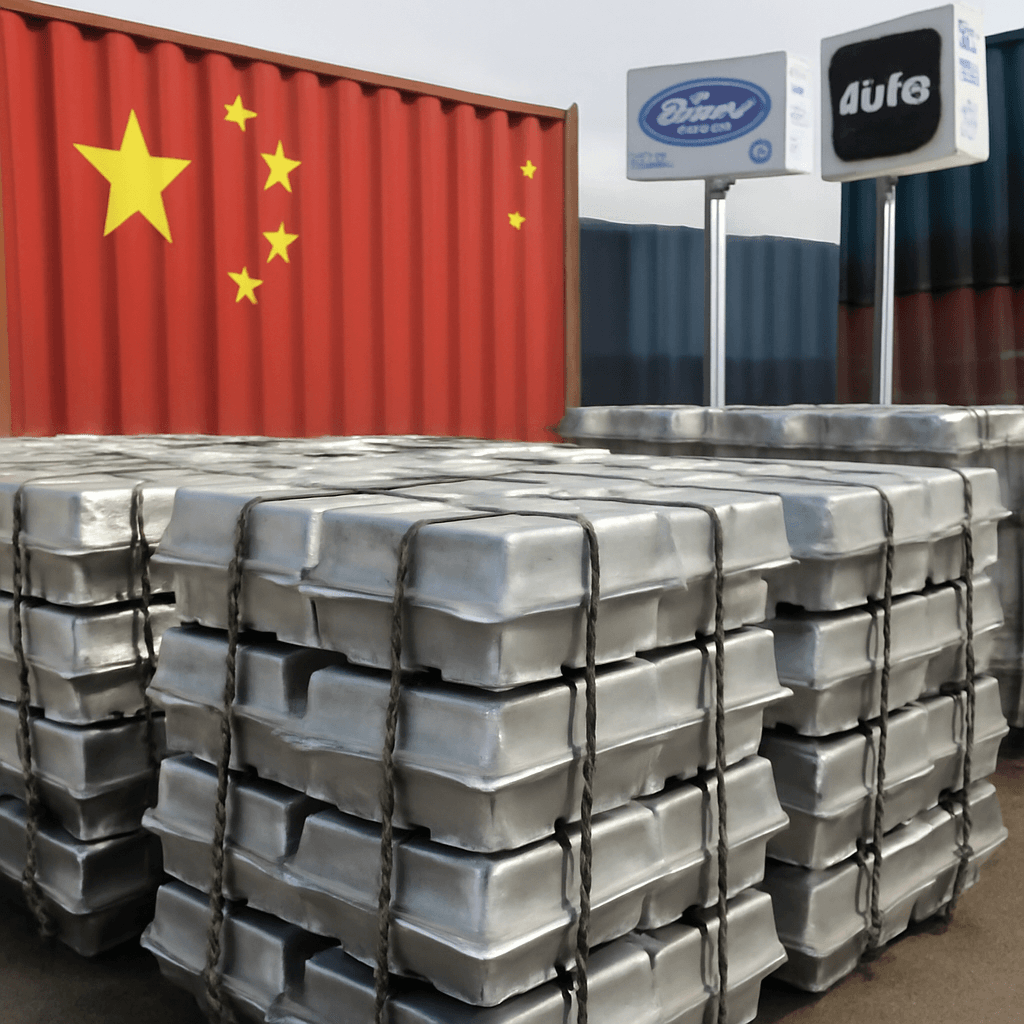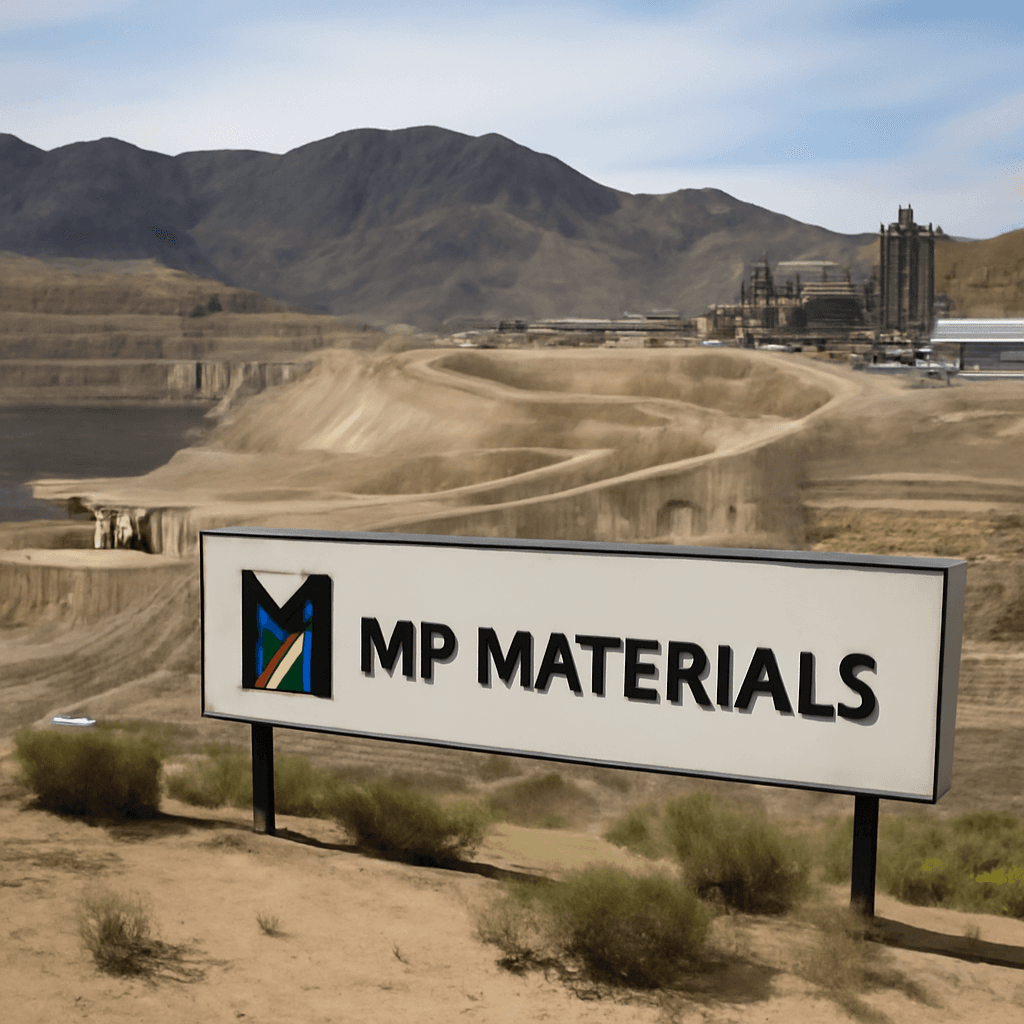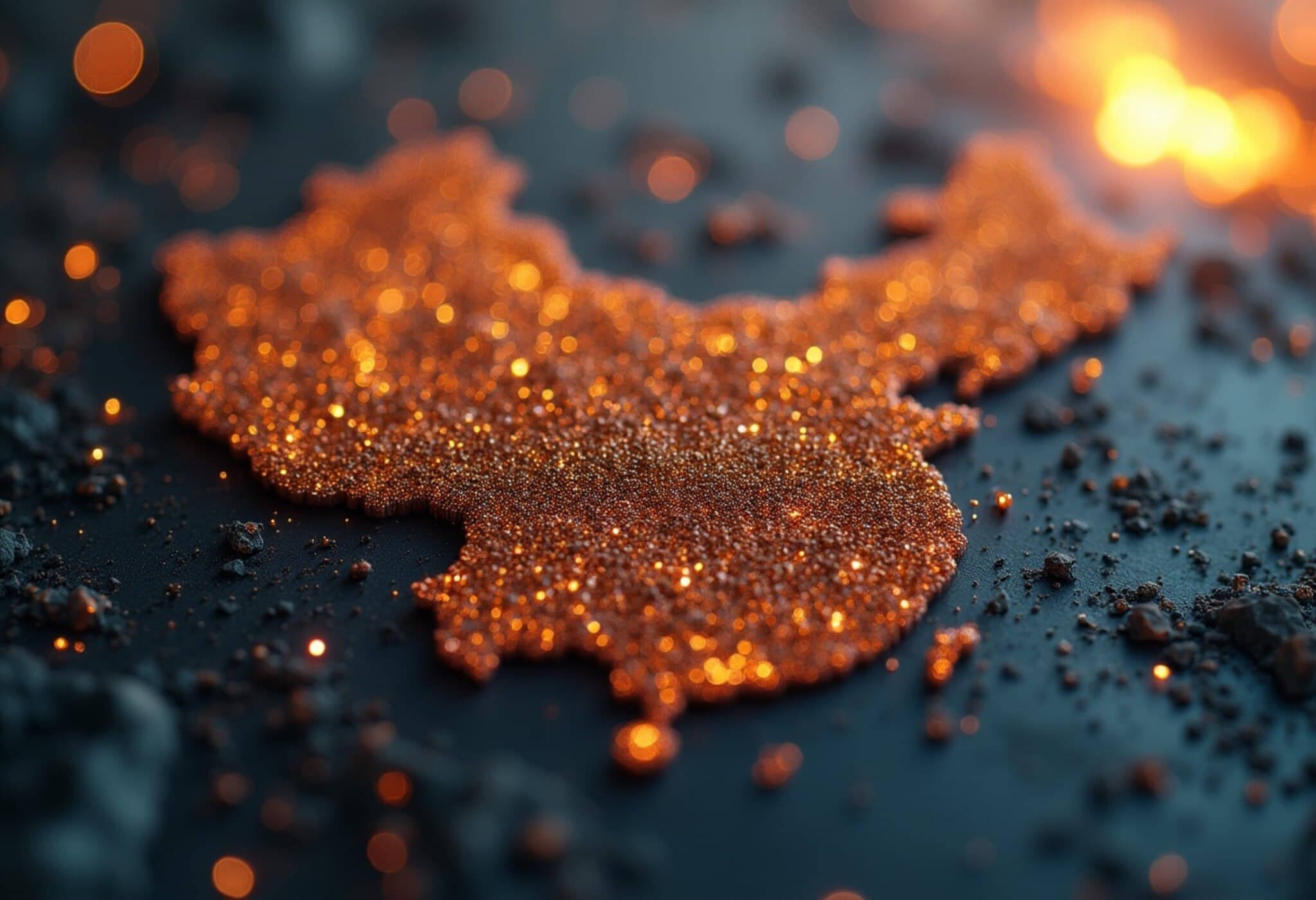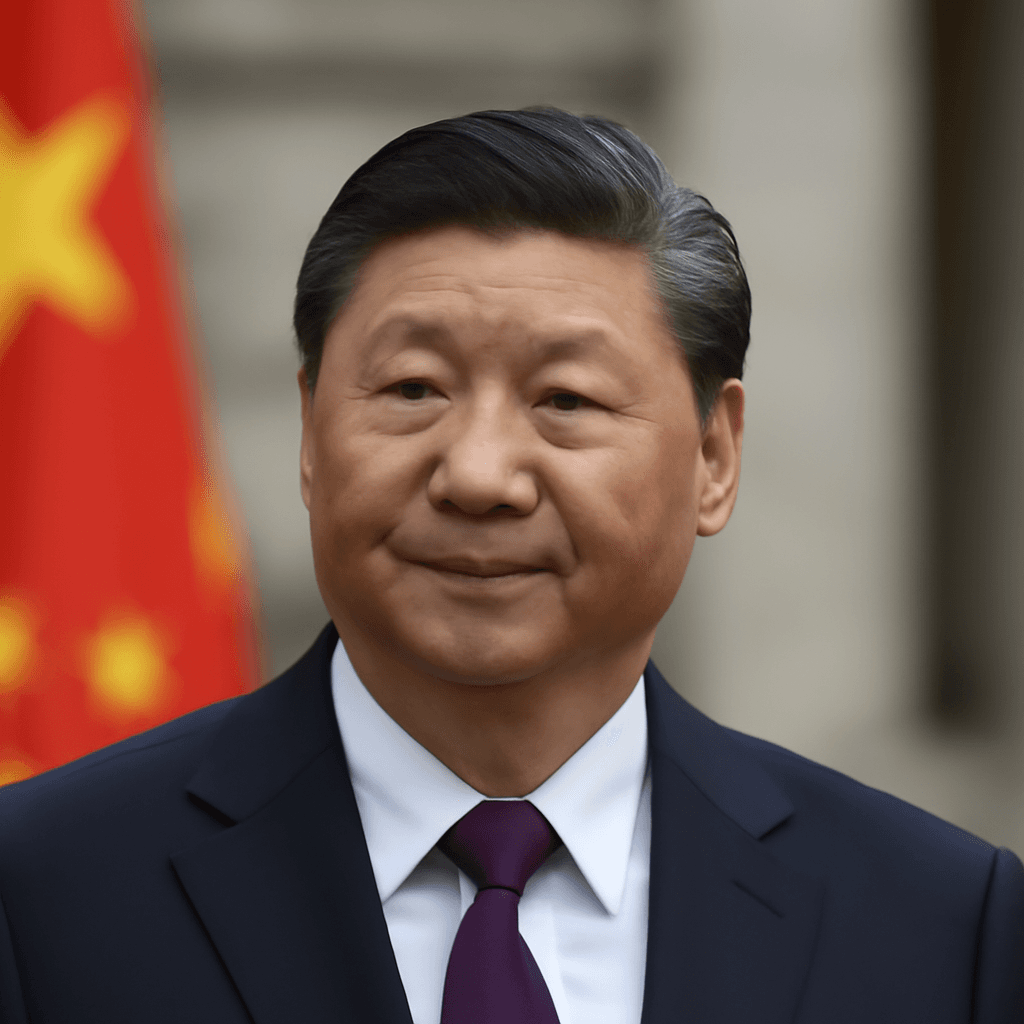Innovative Underwater Mining Robot Developed in Canada
A groundbreaking robotic system designed by Impossible Metals is undergoing testing in a Canadian lake. This advanced machine is engineered to mine valuable metals from the ocean floor with minimal environmental impact, using artificial intelligence, cameras, and specialized lighting.
Selective Mining with Advanced Robotics
Impossible Metals, a California-based company established in 2020, is pioneering technology that harvests polymetallic nodules—potato-sized mineral deposits rich in nickel, copper, cobalt, and other critical metals used in electric vehicle batteries and other key industries. Unlike traditional harvesting methods that disturb large areas of the seabed, the robotic system employs precise movements to selectively collect nodules, leaving marine habitats largely undisturbed.
The prototype features three robotic arms that operate underwater, carefully retrieving targeted nodules while avoiding sensitive ecological elements such as octopus eggs, corals, and sponges. Operators remotely control the robot using a console interface informed by live video feeds and AI-based object recognition technology.
Environmental Concerns with Conventional Mining
Traditional seabed mining techniques often use massive equipment that disrupts large sections of the ocean floor, creating sediment plumes and releasing toxins that threaten marine ecosystems. These aggressive methods have been compared to "bulldozers" scouring the sea bed, which can cause lasting damage to deep-sea habitats.
In contrast, Impossible Metals aims to limit environmental harm by selectively mining and preserving about 60% of the seabed's nodules. However, challenges remain as even selective extraction risks destroying microscopic habitats residing on these nodules.
Ongoing Debates on Deep-Sea Mining Impacts
Marine researchers emphasize that deep-sea ecosystems are particularly vulnerable due to their slow biological processes. The impacts of mining activities on biodiversity and ecological balance are still not fully understood, with less than 13% of estimated marine species documented to date. This uncertainty calls for careful assessment and regulation of seabed mining initiatives worldwide.
Future Prospects and Industry Growth
Despite potential environmental concerns, the demand for critical minerals to support global electrification efforts continues to rise. Impossible Metals has secured US$15 million in investment to advance its robotic technology. The next-generation system, planned for 2026, will be container-sized with increased robotic arms and autonomous mobility, operating without surface tethers and equipped with advanced sensors for enhanced performance.
The company is currently awaiting regulatory approval to conduct deep-sea testing near Samoa and aims to establish partnerships globally to expand responsible underwater mining operations.

